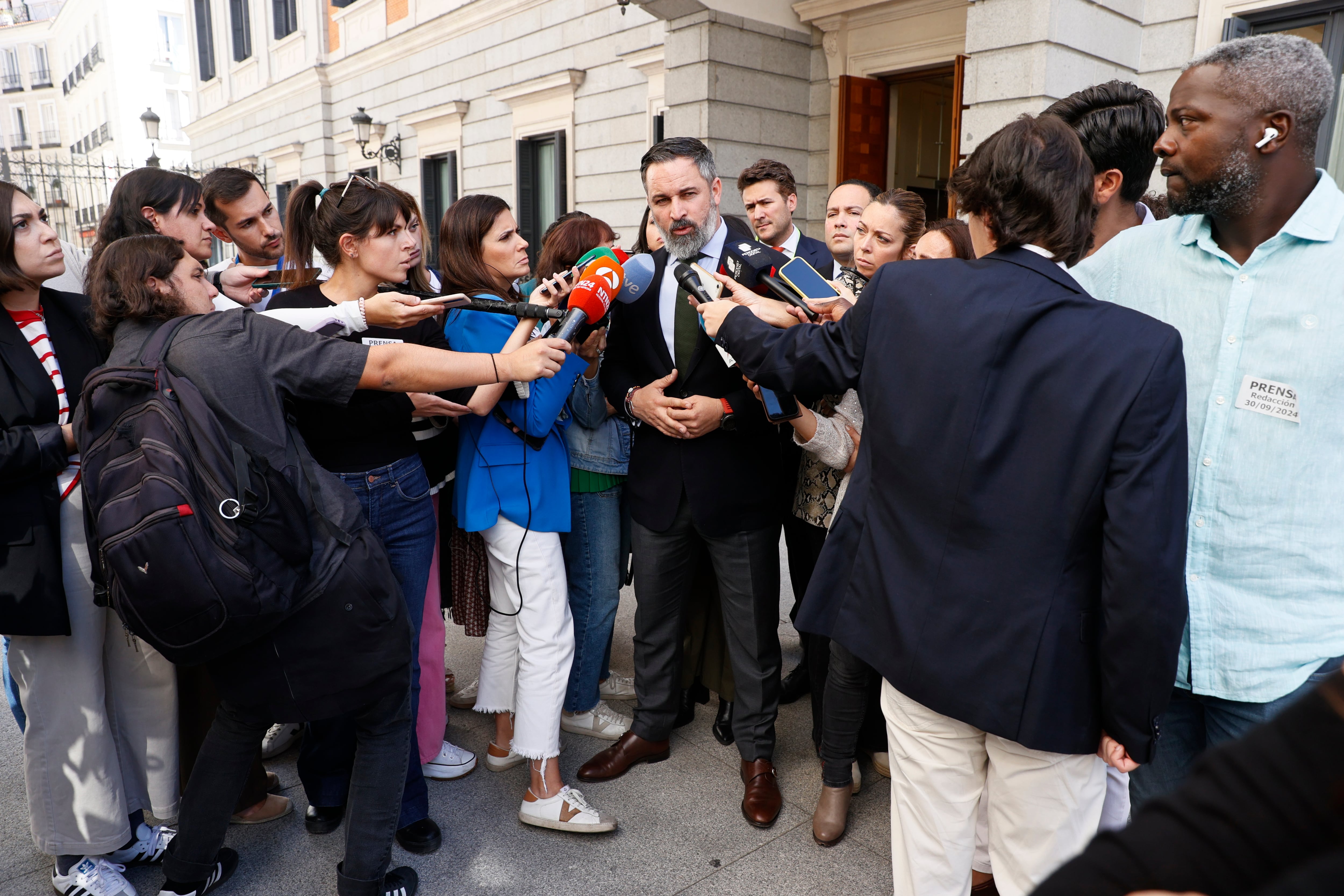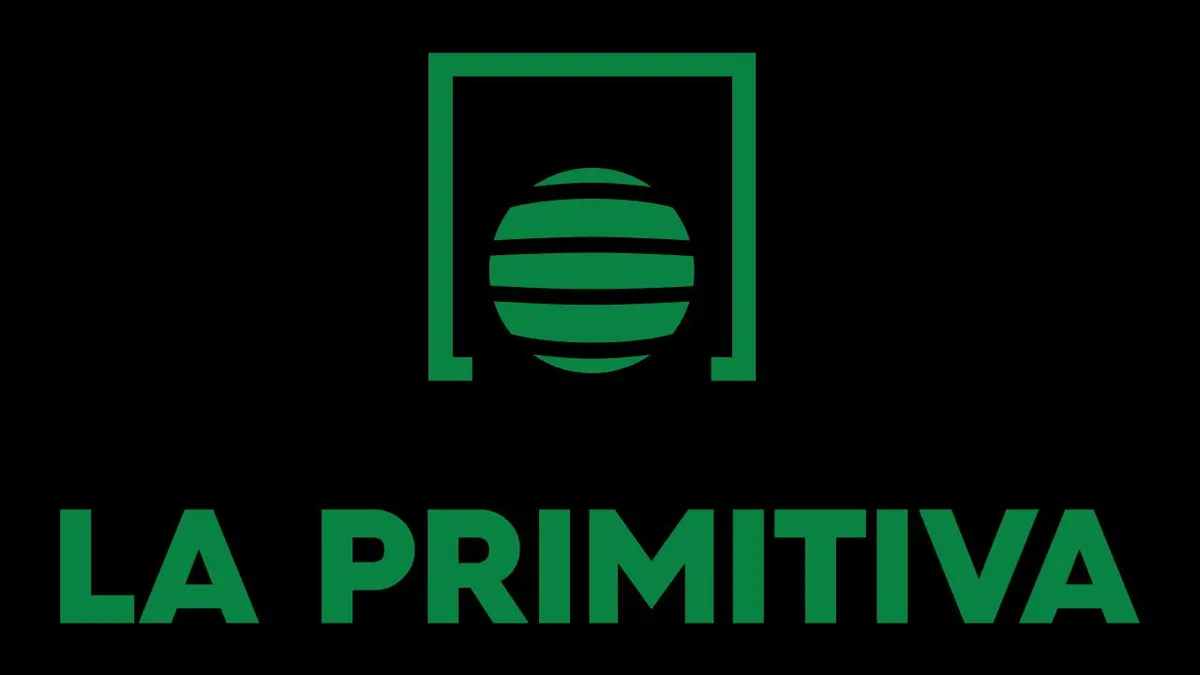photo: Phoebe Fox
***
Somewhere on the road, through the dead air and hot lights of another hazy concert hall, James Smith found something new in himself. “It’s a deep feeling, and I’m kind of sensitive about describing it wrong because it feels really sacred,” he says, pausing to recall the sensation during a rare gap in his breakneck world tour. “I realized that there was a new way I could pour myself into this music and give my soul to each show. I basically learned how to be in the audience’s position.”
It took the choke of a tour—all cramped in a van, racing from stage to stage, living out of suitcases and each other’s pockets—for Yard Act to achieve its renewal. In the crucible of the spotlight, the band’s scattered doubts and dogged efforts melted down to forge a new bond with its public. To Smith, this relationship is not just a profound change in Yard Act’s trajectory, but also the realization of a central goal for his music.
“Something shifted, and I feel a very deep connection with the people that like what we do, and I’m grateful for it in a way that I wasn’t with album one. I didn’t understand it then. I thought that they were probably still judging it because I’ve spent 15 years being judged,” he divulges. “That’s how every band starts, isn’t it? You’ve got something to prove. I think now, with our fanbase, we’ve shown who we really are, and they’re here for us. So that’s beautiful.”
Yard Act ripped into the British post-punk revival scene in 2020 and earned acclaim for its oddball, angular No Wave sound and Smith’s sardonic wit, which left no level of the social pyramid unscathed. 2022’s The Overload amplified this reputation to a global following, thrusting Smith, Sam Shipstone, Ryan Needham and Jay Russell to a privileged position in the recording industry, at which they’d spent years shooting daggers. Still fresh from the local circuit, the foursome found themselves at the center of a media blitz, attracting a Mercury Prize nomination, a full-blown feature from Elton John and high expectations for more acerbic commentary. Such unfamiliar territory demanded a new perspective; for the band’s sophomore album, Smith sought authenticity and resonance by turning his piercing gaze inward.
“It’s taken me—what?—33 years to get to this point, where I’m comfortable expressing how I’m really feeling,” he smirks, underscoring the bold turn in his songwriting. On Where’s My Utopia?, Yard Act’s second full[1]length set for Island Records, the frontman trades studied cynicism for radical candor and the shame[1]free pursuit of connection. Exploding faded memories and passing thoughts into soul[1]stirring meditations, Smith invites his audience to share their experiences of alienation. “You yield more from being vulnerable, I think,” he says, “but it’s scary. It still scares me now, saying those things about myself.”
Partial credit for Smith’s self-examination is due to his son, who will turn 3 this year. Fatherhood is at the heart of sprawling, spoken-word ruminations like “Down by the Stream” and “Blackpool Illuminations,” plunging the lyricist into his own youth in search of universal experiences. “This strange tether that you have to this creature, this little person, it makes you look at everyone else in the world differently because you know a different kind of love,” he observes. “That overrides any belief. It makes you want to strive toward understanding anyone you disagree with more, and I think that’s the only thing I can say I want my music to do.”
But Yard Act’s efforts to foster connection aren’t just lip service. Throughout Utopia, Smith’s sobering introspective stare[1]downs are pitted against bubbling club-ready peaks, complete with the Chaka Khan-lifted licks of “When the Laughter Stops” and a Nile Rodgers name-drop on “We Make Hits.” With production from Gorillaz’s Remi Kabaka Jr., the band’s second project reaches far afield from their minimalistic debut, swirling elements of Afrobeat, Italo disco, boom bap and chamber pop into a dynamic and infectious sound.
To Smith, the album’s perfectly punchy hooks are every bit as truthful and nuanced as its confessional breakdowns. “You can be emotive and serious without having to present yourself as a stone-faced tortured artist, and it’s much more human that way,” he contends. “I used to go out every weekend to dance and feel sad. And I still laughed, even through turmoil.
“No one wants to be the mouth that spouts that music can change the world because it is trite and it is a little cliché,” Smith adds, with just enough snark to undercut his earnestness. “But I mean, we could talk for years about how we solve problems, and dancing transcends all of that at the end of the day. When people are on the dance floor, they’re connected on a deeper level. That transcends every opinion anyone has, that rhythm. It’s innate—it’s in our bones. We forget that.”
Through unflinching sincerity, Yard Act’s latest finds a rare emotional essence that unites artist and audience in collective catharsis. With its clashing lyrical and sonic levels, Where’s My Utopia? ultimately resolves to a complex coherence, reflecting those murky gray areas of the human condition Smith so deftly plumbs. Sure, he can’t help but take the piss out while doing so, but his sarcasm is a thin veil for the honesty and care that shine through.
From the sticky dance floor, drowned in smoke and strobes, Smith can feel the feedback: “If they’re gonna go fucking hard on a tune in the mosh pit, then that’s one thing. But I see people crying and hugging to those songs every night now, and that’s beyond me.” The feeling is heady and visceral, uncontrollable, uninhibited and overwhelming. It’s raw power, and it rushes up from common ground. “I just have to sing it. It’s there. As long as I can feel it, then I know other people are feeling it, too.”
The post Spotlight: Yard Act appeared first on Relix Media.
























